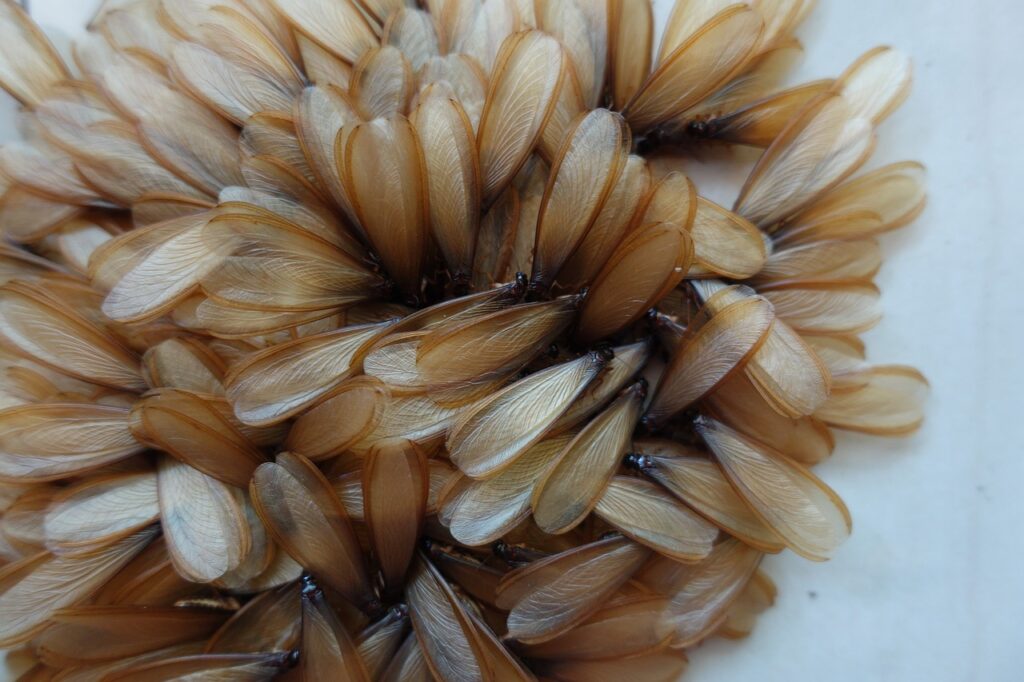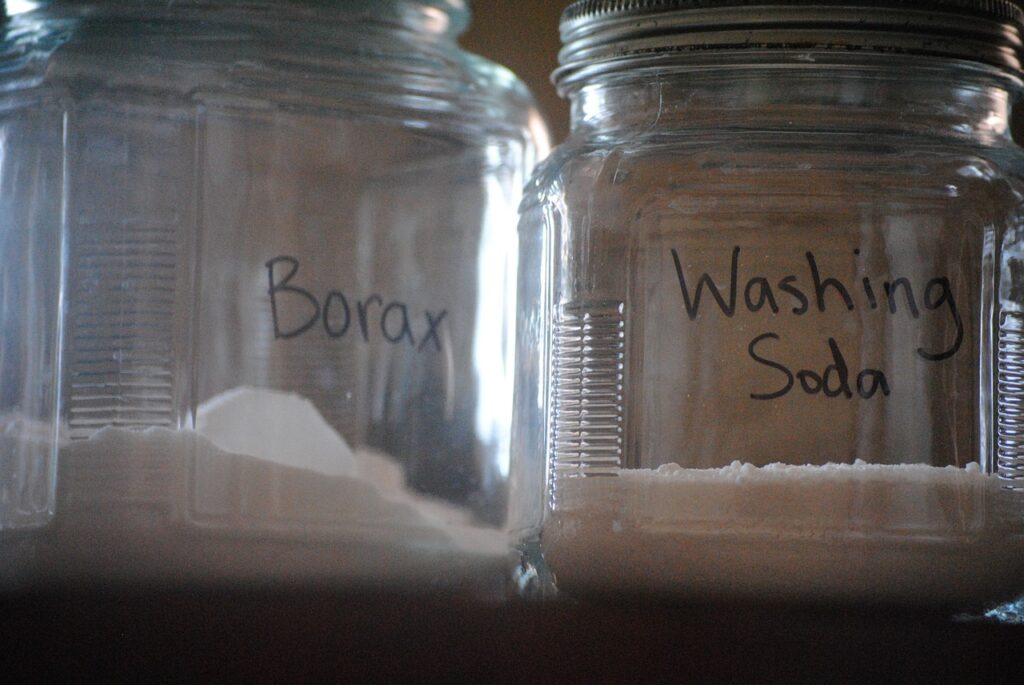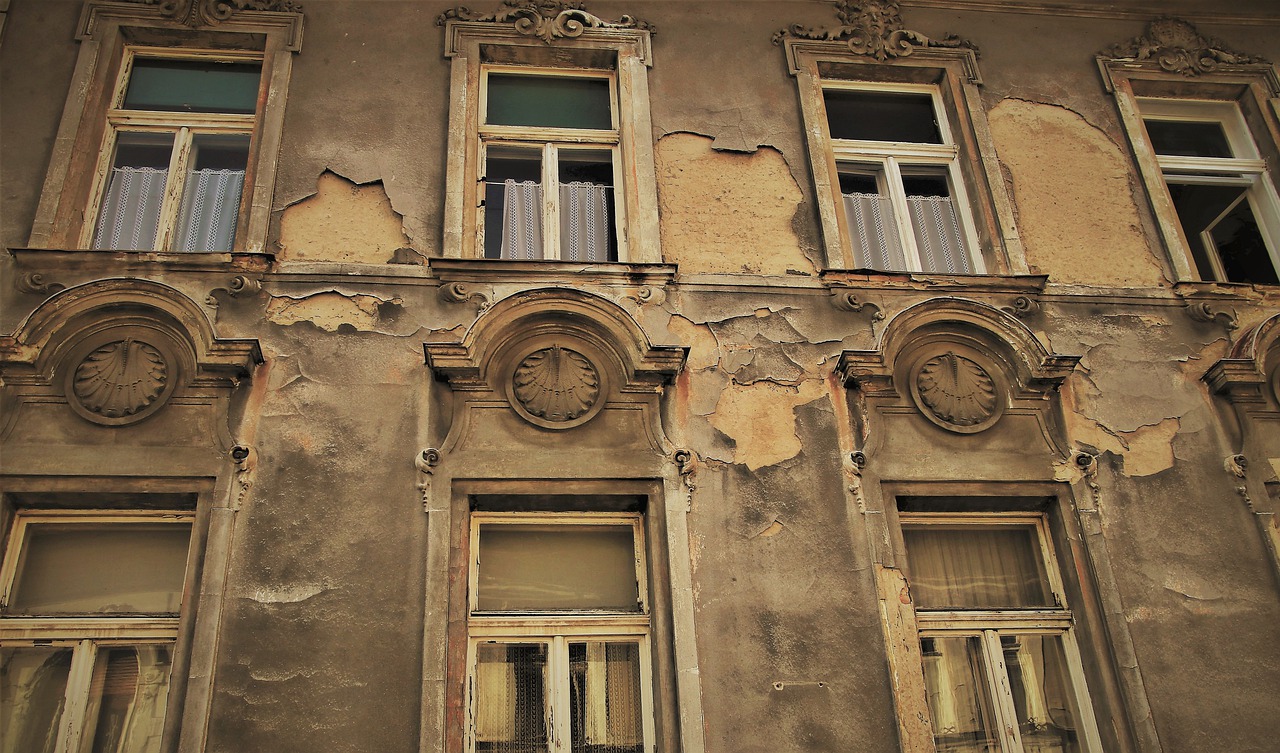Termites are tricky pests to deal with. They are small and they live deep within the wood, making it difficult to get rid of them on your own. So many people dread termite infestations. This is especially true for those who live in small spaces like apartments. So, termites in apartments: what should you do?
Signs of termites you should know
First, you have to be sure you are actually dealing with termites and not some other similar-looking pests like ants and fleas. If you misdiagnose a pest infestation, the pest control method you use may prove to be ineffective. Termite control can only be truly effective on termites. Here are the signs of termite infestations you should look out for:
- Clicking sounds. There are two termite activities that may result in clicking sounds – headbanging and eating. Termites bang their heads on wood to communicate with other termites. And they eat the wood noisily, producing clicking sounds.
- Damaged wood. Termite-infested wood will obviously be damaged. Watch out for awkward-fitting doors and windows, hollow pieces of furniture, sunken walls, and swollen floors.
- Live termites or their wings. The most obvious sign of a termite infestation is seeing termites themselves. They look like winged ants, and you will usually see them in swarms. Sometimes, you may also see detached termite wings around your home.
- Mud tubes. These are tunnels made of mud. Termites use these as bridges between their colony and food sources. It’s actually not advisable to remove mud tubes yourself. So, if you see them on your property, just let them be. But consider them a strong sign of an infestation.
- Termite droppings. Termites eat wood. It’s not surprising that their droppings somehow look like wood too. They appear like coffee grounds or sawdust, and many people often mistake them for mere dirt.

How to get rid of termites in apartments
Most pest control professionals will tell you that termites are not the kind of pest you can get rid of on your own. No, they are not telling you that just so you avail their services. Termites are indeed very hard to deal with if you are not a professional. Here are some things you can do to get rid of termites in apartments:
- Inform your landlord. If you are renting the apartment, the very first thing you should do is to inform your landlord about the termite infestation. Your landlord is responsible for making their rental units livable and safe. They are even obligated to pay for pest control services and compensate you for all the hassle. However, there are instances where you, the tenant, will shoulder all the expenses, like when it has been proven that the termite infestation has occurred because of your own doing.
- Call pest control professionals. Pest control professionals will be able to properly diagnose your problem and use the proper pest control methods for your specific case. There are a lot of termite control methods available, such as spot treatment and termite fumigation. Spot treatment may be enough if the termite infestation is in a contained area. But termite fumigation is the better option if the infestation has spread. In any case, pest control professionals will know what is best for your apartment.
- Try home remedies. There are ingredients you can use to help get rid of termites in apartments. The great thing about these ingredients is that they are readily available in your home, and they don’t contain the harmful chemicals of termiticides. Boric acid, diatomaceous earth, salt, and vinegar are all probably in your kitchen right now. The downside of these remedies is that they may not be very effective. But they may do as a complementary treatment.
How to prevent termites in small living spaces
Preventing termites in apartments will always be better than getting rid of them. After all, there are so many reasons to prevent these pests. They don’t just cause structural damage and render wood structures unusable. They can also bite, but only rarely. Here are some ways to prevent termites in small living spaces like apartments.
- Be wary of secondhand furniture. One of the most common ways to get termites on your property is through secondhand furniture. If you are buying secondhand furniture, make sure to inspect it thoroughly first. It may be the very thing that starts a termite infestation in your home. If you are taking furniture from a home that has a known termite infestation, be equally cautious. Be on the lookout for live termites and wood damage.
- Get rid of excess moisture. Termites thrive in moisture. This is actually one of the reasons why they thrive particularly well on wood exposed to the elements, like fences. You may think that this shouldn’t be a problem in apartments, but you are wrong. There are so many places where excess moisture can come from, such as piping problems and poor air circulation in moist areas like bathrooms and kitchens. Make sure your apartment doesn’t have piping problems that may keep surfaces moist or wet. Also, improve air circulation and ventilation in your apartment by opening windows or using air conditioners.
- Install screens on windows and vents. Remember that some termite species have wings. They don’t need to be transported by secondhand furniture to infiltrate your home. Sometimes, open windows and vents are enough to start an infestation. To prevent them from getting into your apartment through these small passageways, install some screens.

Termites can thrive in apartments
Termites don’t just bother entire houses with their own yards. They can thrive anywhere where they can consume wood, including apartments. Look out for the obvious signs of infestations, such as damaged wood and mud tubes. And if you do see these signs, inform your landlord immediately, so they can take the appropriate action.
Usually, the appropriate action is calling pest control professionals because termites are not the kind of pest you can deal with easily on your own.

